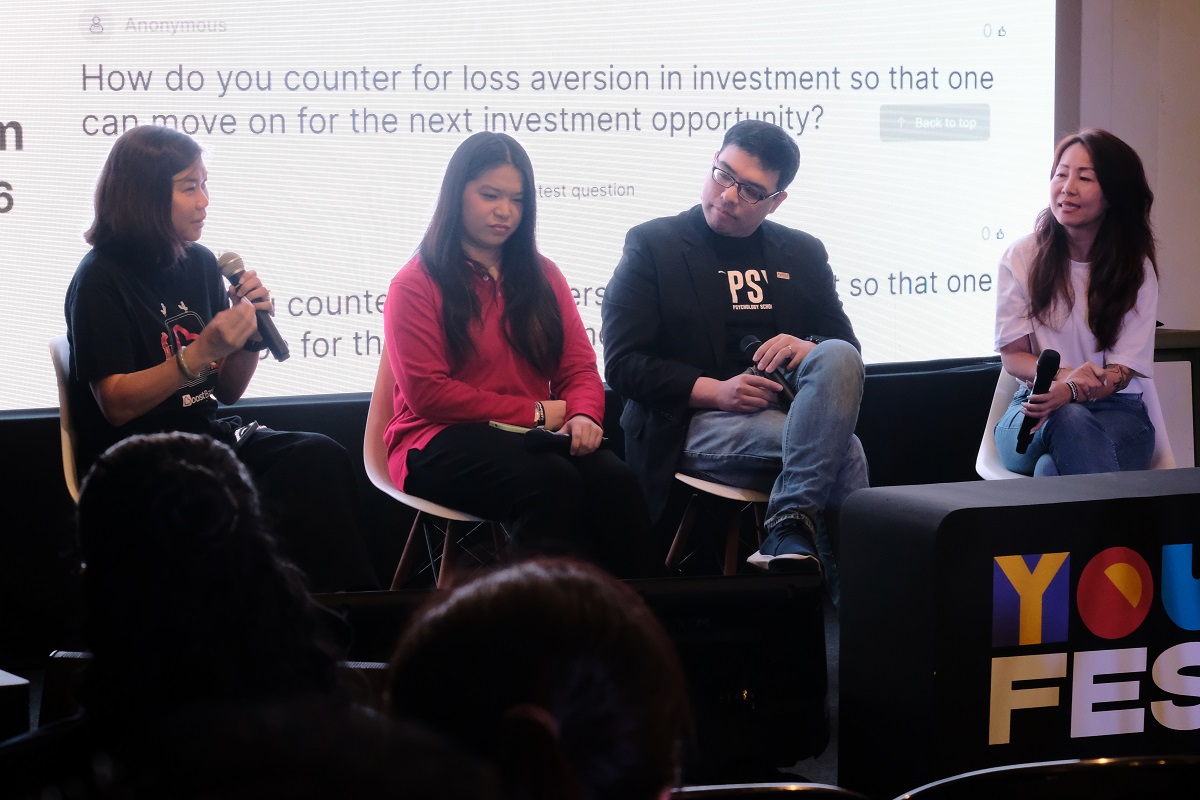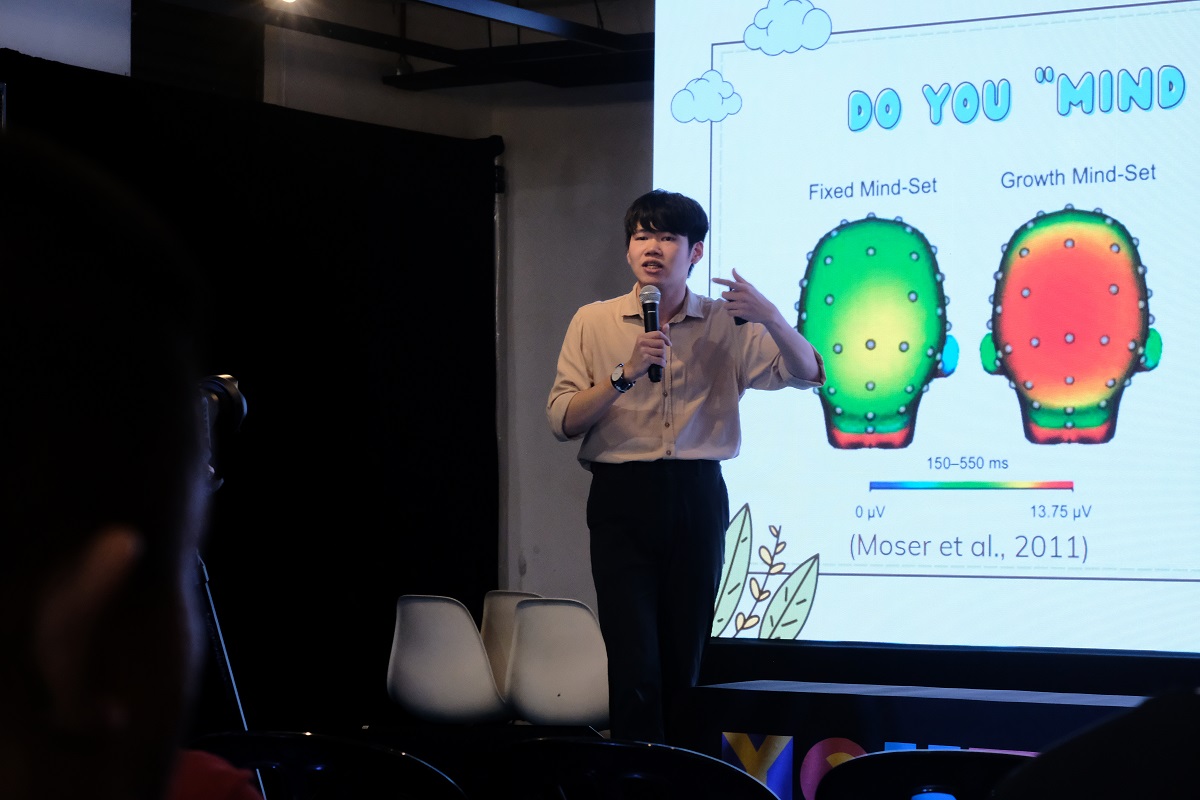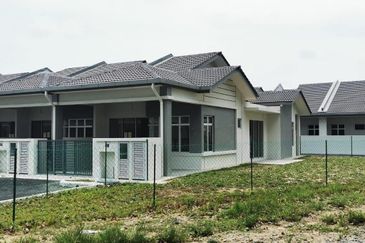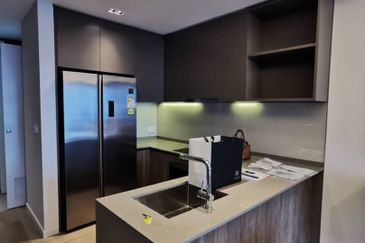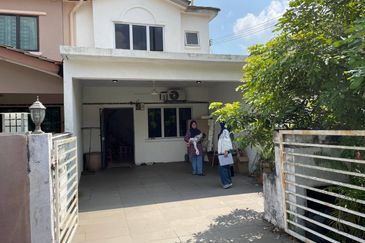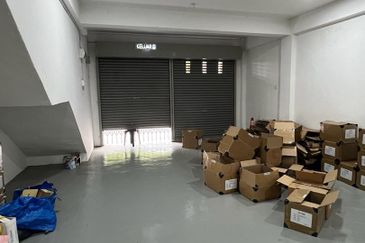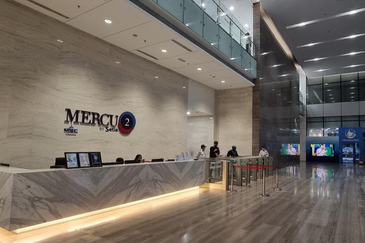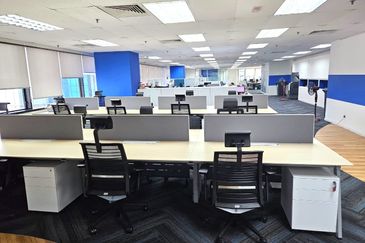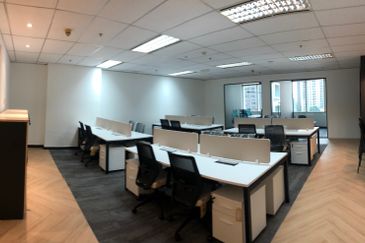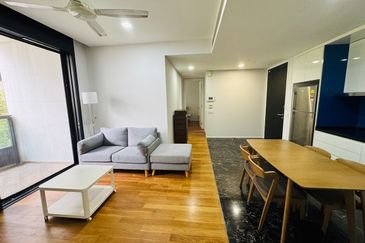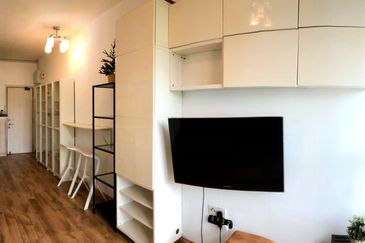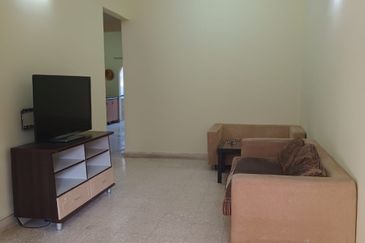- Boost chief marketing officer Diana Boo: “There are hidden costs that come with living on your own. So think it through. Do your research. Make sure you're really prepared.”
KUALA LUMPUR (April 25): It is a common perception that it is quite difficult for those who are currently in their 20s to even get a sniff of the housing market. But is it really so daunting for young people to kick off their property investing goals?
YouthFest 2025 held last weekend opened the eyes of many that one does not need to be swimming in money to start buying your first or even second property, if you play your cards right.
Organised by EdgeProp at APW Bangsar here, YouthFest 2025 dived deep into property adulting amid obstacles such as living costs and fickle job markets.
At the Visionary Stage, Day 2 of discussion sessions, a panel of experts from HELP University, Employees Provident Fund (EPF) and Boost responded to questions submitted by young adults around affordability, the cost of living and managing finances.
HELP University Department of Behavioural Science acting dean Dr Victor Goh Weng Yew said that the focus for many young people today has shifted from survival to chasing a quality of life.
“They’re not just trying to move on, they're trying to upgrade their lives in a way that looks and feels meaningful,” he said.
He pointed out how social comparison and digital exposure can make young people feel they should already have a certain lifestyle.
“Back then, just moving out was a win. Now, the house has to meet a certain standard, and the neighbourhood has to have a certain vibe,” he highlighted.
Boost chief marketing officer Diana Boo said the decision to move out should be personal and not based on external pressure or comparisons.
“Moving out or not is a personal journey. You don’t have to follow the path others have laid out for you,” she said during the panel discussion.
She stressed the importance of setting individual financial goals and not competing with others to avoid unnecessary debt.
“There are hidden costs that come with living on your own. So think it through. Do your research. Make sure you're really prepared,” she said.
Boo also mentioned that it can feel like there isn’t enough left to spend when trying to set aside 20% of one’s income.
“There’s a lot of financial advisors out there that teach people this 20-30-50 rule as the 20% goes to savings, 30% to wants and 50% to needs like rent, electricity and food.
“But, if, at this point in time, 20% is too much, [just] start small,” she added.
She explained that Boost Bank offers goal-driven jars that can help users earn compounding interest, helping savings grow over time.
Another panelliest, EPF relationship advisor Tan Yong Mey, cautioned against the dangers of societal expectations.
“It is okay if you’re renting a place and feel like you haven’t fully ‘moved out’ yet. You’ve got to look at your own situation, not someone else’s timeline,” she explained.
At the same time, Tan said that even Malaysians earning under RM3,000 a month shouldn’t write off the idea of saving, as EPF contributions can start from as little as RM10.
“Students as young as 14, and gig workers with no employer contributions, can register as EPF members. There’s no minimum. You contribute what you can, when you can,” she stressed.
“Consistency is the key,” reiterated Goh.
Don’t take rejections personally, setbacks are not failures
Meanwhile, Help University applied psychologist Bob Brian Canggra said adopting the right mindset can help individuals navigate setbacks and challenges by seeing them as opportunities for growth instead of personal failures.
He stressed the importance of not taking rejection personally and to see setbacks as opportunities for growth.
“When you don’t have a growth mindset and you encounter setbacks, what often happens is that you blame yourself.
“You think you’re the only one not making it, that you’re flawed, and that everyone else is better than you. It’s a common thought pattern that can hinder your progress,” he said during his talk on the “Growth Mindset and Vision Mapping—What Brain Science Says”.
However, he encouraged the audience to focus on the concept of togetherness during challenging times.
“When you focus on togetherness, you can reframe the situation. For example, after facing rejection, remind yourself that others have been rejected too. You might wonder how they feel in these situations. Maybe they feel the same pain, anger, or frustration.
“The truth is, you’re not alone in that room. Regardless of our backgrounds, we all face rejections, and experience both highs and lows. It’s a shared human experience,” Canggra explained.
Want to have a more personalised and easier house hunting experience? Get the EdgeProp Malaysia App now.
TOP PICKS BY EDGEPROP

Lorong Az- Zaharah 10/9
Bandar Puncak Alam, Selangor
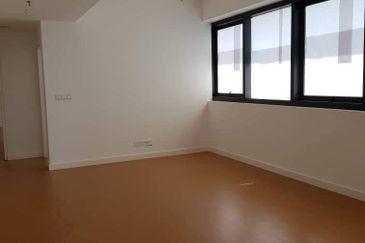
The Hub @ Petaling Jaya
Petaling Jaya, Selangor
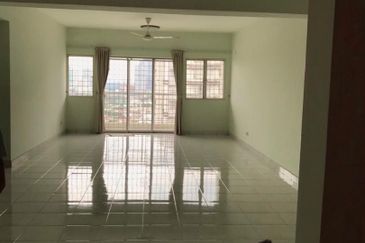
Dataran Prima Condominium
Kelana Jaya, Selangor

